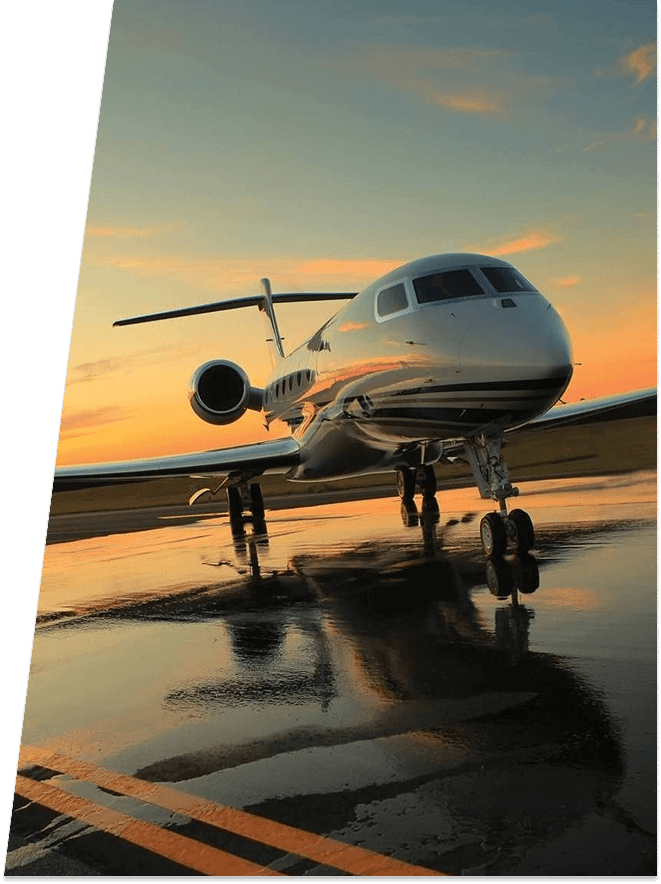Federal Aviation Regulations (FARs) are rules designed and enforced by the Federal Aviation Administration (FAA). The aviation industry’s official governing body, the FAA, primarily aims to ensure safe procedures and programs and protect the United States’ national security.
As part of this, the FAA ensures the “airworthiness” of all planes through its Airworthiness Directives (Ads) or legally enforceable rules to correct any unsafe conditions, such as engine or aircraft problems, propeller defects, or other appliance issues.
All planes must legally meet specific conditions before pilots are issued an Airworthiness Certification—Standard or Special—and are approved to fly.
What is Part 91?
- Personal and recreational activities
- Business, such as travel to and from meetings
- Instructional, such as flight training
Part 91 standards are more flexible than part 121 or part 135, offering more freedom to general aviation operators in how they want to operate and manage their aircraft. For instance, only one pilot needs to be on staff under part 91, and the standards for flight crews, aircraft maintenance, and required periods of rest time are lesser when flying under this certificate.
What is Part 135?
Under part 135, an operator must have an entire team of management staff to oversee the organization, including a pilot and operations manager. Additionally, an airplane owner must have a flight-following system to track the status of all flights and ensure operational control of the aircraft.
Pilots must undergo intense training and are subject to stricter crew rest rules than part 91. Because of this scrutinization, you are 12 times less likely to have an accident or incident with a charter part 135 aircraft, according to privatefly.com.
What is Part 121?
Parts 91 and 121 of the Federal Aviation Regulations (FARs) regulate aircraft operations in the U.S. for commercial and private functions. Single-engine airplanes are prohibited under this regulation.
Part 121 applies to all scheduled passenger and cargo operations by certified air carriers. This includes many well-known U.S.-based airlines, regional air carriers, and cargo operators. Federal Aviation Regulations (FAR) allow parts 121 to act as “scheduled airlines” and collect compensation for providing group flights.
All part 121 air carriers must have an FAA-approved hazardous materials program—or dangerous goods—program and additional training for employees. Knowing how these regulations apply to your aviation business is the first step in protecting yourself. Contact us today to learn more about our aviation legal services: 954-869-8950.
